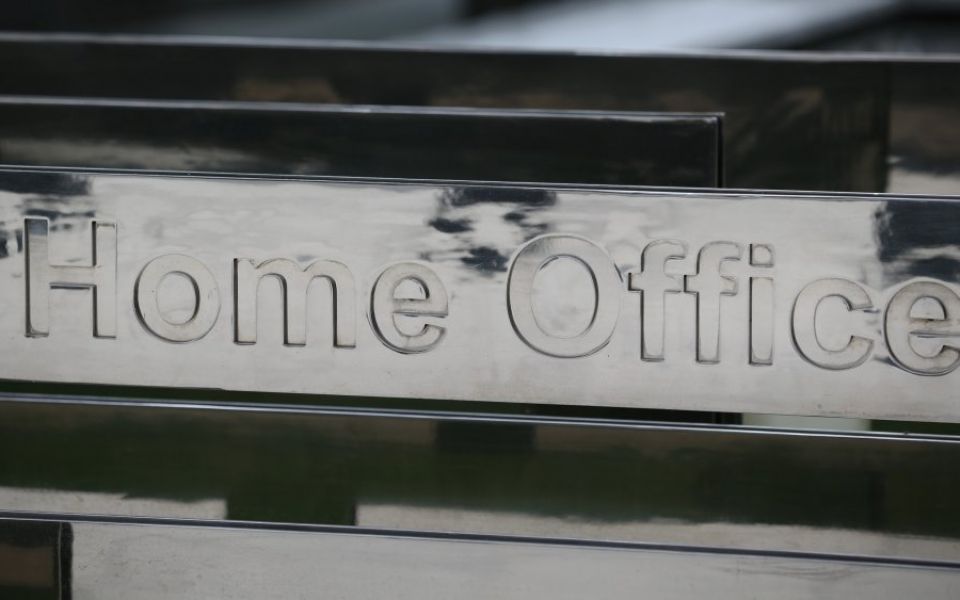
Tech firms may be required to proactively monitor “legal but harmful” user content in a Home Office push on the new Online Safety Bill.
As reported by the Financial Times, Home Secretary Priti Patel has been looking to widen the scope of the bill, with a particular focus on fraud, terrorism and other illegal activities on digital platforms.
Whilst the substance of the bill has been widely discussed over the last few months, Patel’s recent push has caused backlash amongst some who argue that it may conflict with European data protection rules.
There is also the risk that if the UK impose too draconian laws on tech firms, they will be discouraged from investing in the UK.
Patel has written to cabinet colleagues, suggesting more stringent measures be placed on the likes of Facebook and Twitter.
A Home Office spokesperson told the paper: “The Home Secretary has been clear that the internet cannot be a safe haven for despicable criminals to exploit and abuse people online. We expect companies to remove and limit the spread of illegal content on their platforms. Where they don’t, it is right they are held to account.”
The term “legal but harmful” itself has also been the centre of much debate in recent weeks.
Some argue that by including legal acts within the scope of the Online Safety Bill, the government is overreaching and curbing freedom of expression.
An analyst that buys into this argument is Matthew Lesh, Head of Public Policy at free market think tank the Institute of Economic Affairs.
Commenting on reports that the Home Office is pushing for these enhanced powers, he said : “The Online Safety Bill is going from bad to worse. The Home Office demand for social media companies to proactively monitor legal speech is a recipe for censorship on an industrial scale.”
“It will mean that Meta (Facebook) and Google will be required to read private messages between consenting adults. This is deeply disturbing and will result in a less safe and free internet.”
“The state should not be requiring monitoring and the removal of legal speech. These duties will also impose huge costs on start-ups and smaller companies, deterring tech investment and solidifying Big Tech dominance.”
Just last week, the government confirmed new measures to be added to the bill, which would include age verification for internet users visiting porn websites, as well as social media sites that may be hosting pornographic material.
If sites fail to act, the independent watchdog Ofcom will be able fine them up to 10 per cent of their annual worldwide turnover or can block them from being accessible in the UK. Bosses of these websites could also be held criminally liable if they fail to cooperate with Ofcom.


